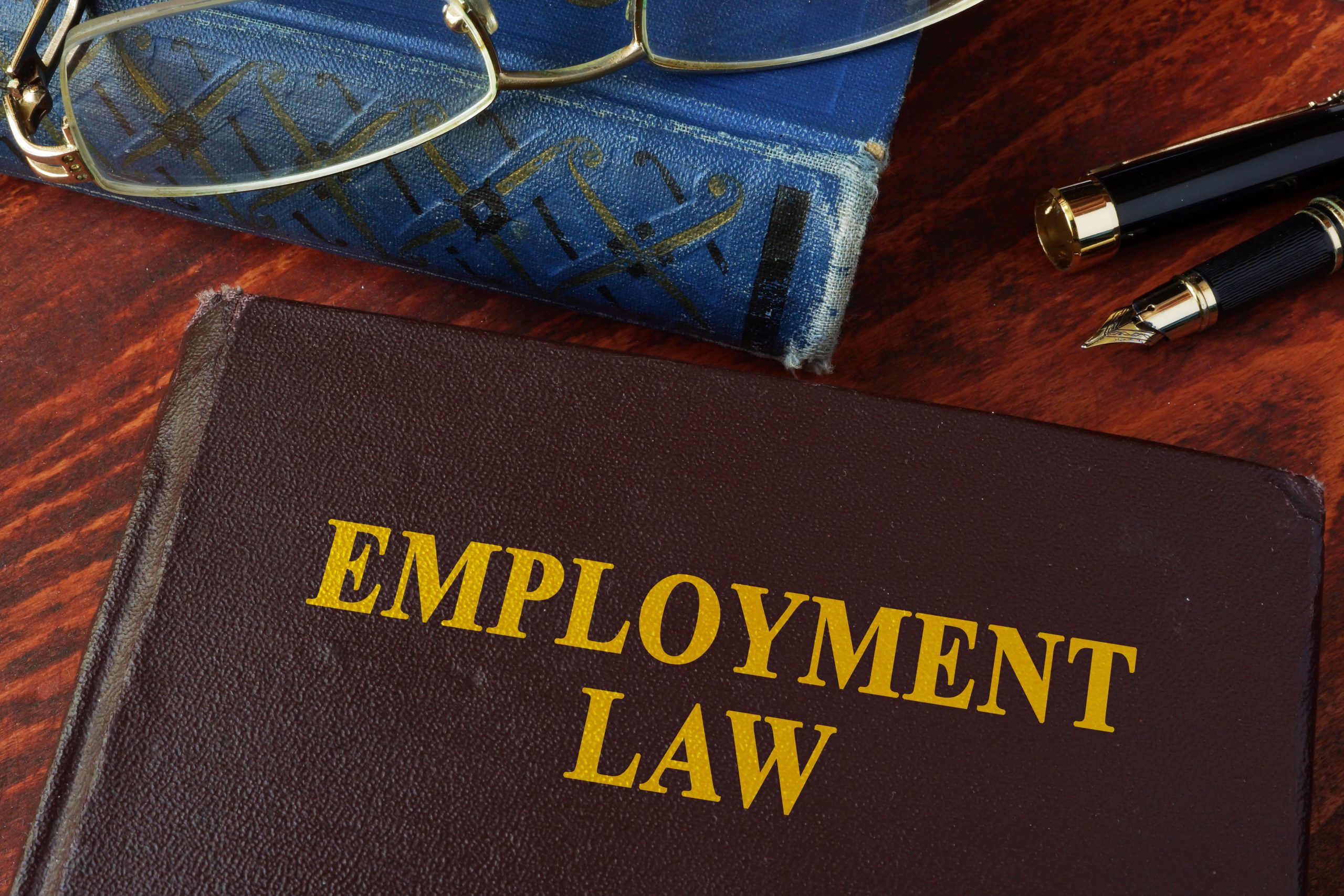You may be able to appeal against the IRS audit results by timely submitting a written protest asking for an appeals conference. The appeals process offers the possibility to settle your case on the basis of the risks of litigation. If a settlement is not possible at this stage, you can proceed to Tax Court to litigate your case. This may prove prohibitive if there are legitimate disputes about the facts and application of the law.
TAX LITIGATION
Federal tax disputes may be brought before any of the following courts: the Tax Court, District Court, and the US Court of Federal Claims. In certain cases, you might even go to the Bankruptcy Court. The choice of forum can have a significant impact on the outcome of your case. One advantage of the District Court is the possibility of a jury trial. The US Court of Federal Claims and the District Court is also known as refund forums. This means that you must pay the tax disputed before they have jurisdiction to hear your case. The Tax Court is the most popular forum to litigate federal tax disputes. It does not require payment of the tax prior to hearing your case.
HOW TO GET INTO THE US TAX COURT
The IRS will issue a 30-day letter after an audit. The IRS will issue a 30-day letter. This letter allows the taxpayer to appeal the decision within 30 days. The IRS will issue a notice of deficiencies, also known as a ninety-day letter if the appeal is not filed or no settlement is reached. The taxpayer has 90 days to file a Tax Court Petition. This letter is crucial as it is the taxpayer’s ticket into Tax Court. This letter is required in order to get into Tax Court.
AUDIT RECONSIDERATION
The time limit to file a Tax Court Petition is often extended. The IRS offers an audit review process that allows taxpayers who are unable to sue for a tax bill they have already paid to seek administrative relief. This is a great option if a taxpayer wasn’t responsive to the IRS’s initial findings.
CALIFORNIA INCOME TAX APPEALS
California’s Franchise Tax Board (FTB), initiates income tax audits. The FTB will issue a proposal assessment at the conclusion of the audit. You can contest the proposed assessment by submitting a protest letter to the FTB within a reasonable time. The FTB will issue a Notice of Action documenting the findings after the appeal. You may appeal to the Board of Equalization (BOE), if you are still not satisfied. A hearing before the BOE could be requested in this appeal. If no agreement is reached, the tax may be paid and a claim for a refund made. If the claim is denied, the FTB can be sued in California Superior Court.
Understanding your rights and staying on top of deadlines is key to disputing the findings of an auditor. There are many ways to dispute audit findings. The best option for each client will differ depending on their unique circumstances. It may be cheaper and faster to settle the amount in bankruptcy or compromise than to dispute the tax. Our firm will always look at the bigger picture, regardless of the circumstances, when trying to determine the best way for a tax dispute to be resolved.
LET US HELP YOU FIGHT YOUR TAX DISPUTE
Tenina Law is available to assist you if you disagree with the IRS tax audit results. You may be able to resolve your dispute with our experienced attorneys.
This article was written by Alla Tenina. Alla is a top tax attorney in Orange County in Los Angeles California, and the founder of Tenina law. She has experience in bankruptcies, real estate planning, and complex tax matters. The information provided on this website does not, and is not intended to, constitute legal advice; instead, all information, content, and materials available on this site are for general informational purposes only. Information on this website may not constitute the most up-to-date legal or other information. This website contains links to other third-party websites. Such links are only for the convenience of the reader, user or browser; the ABA and its members do not recommend or endorse the contents of the third-party sites.








